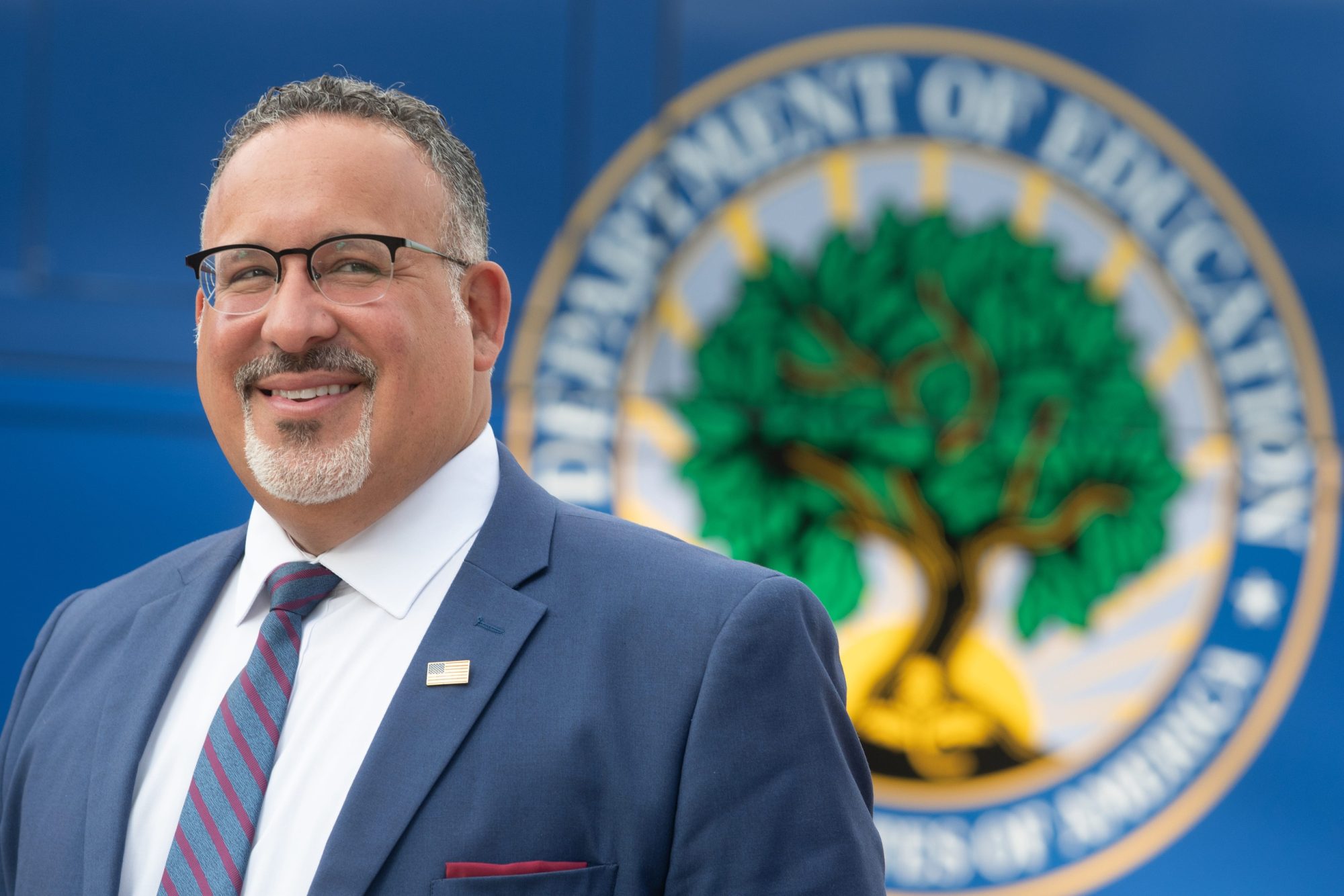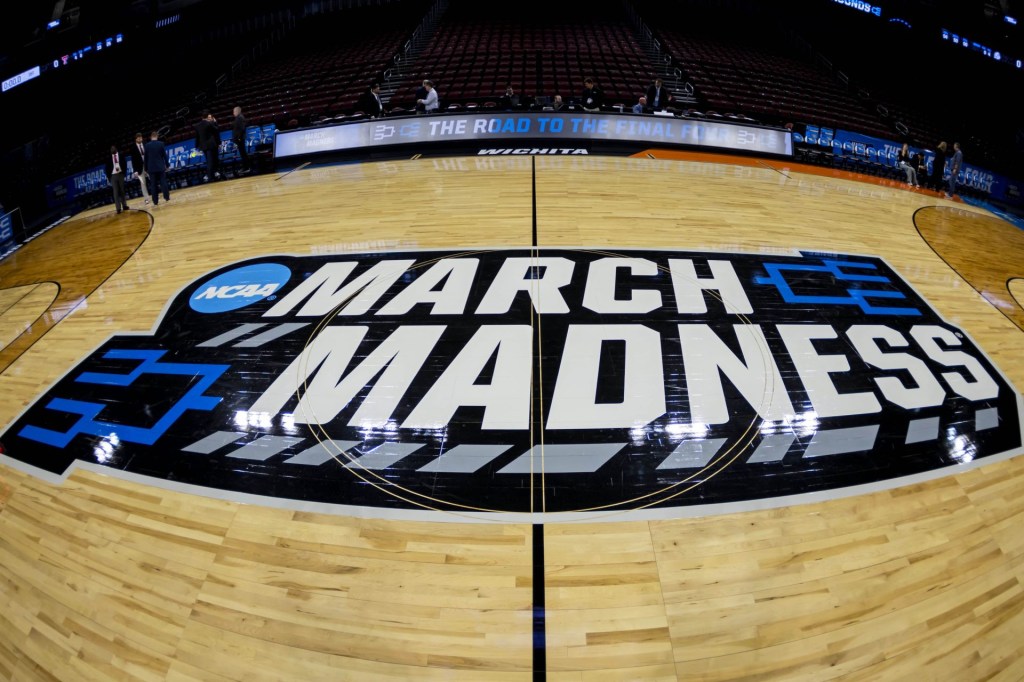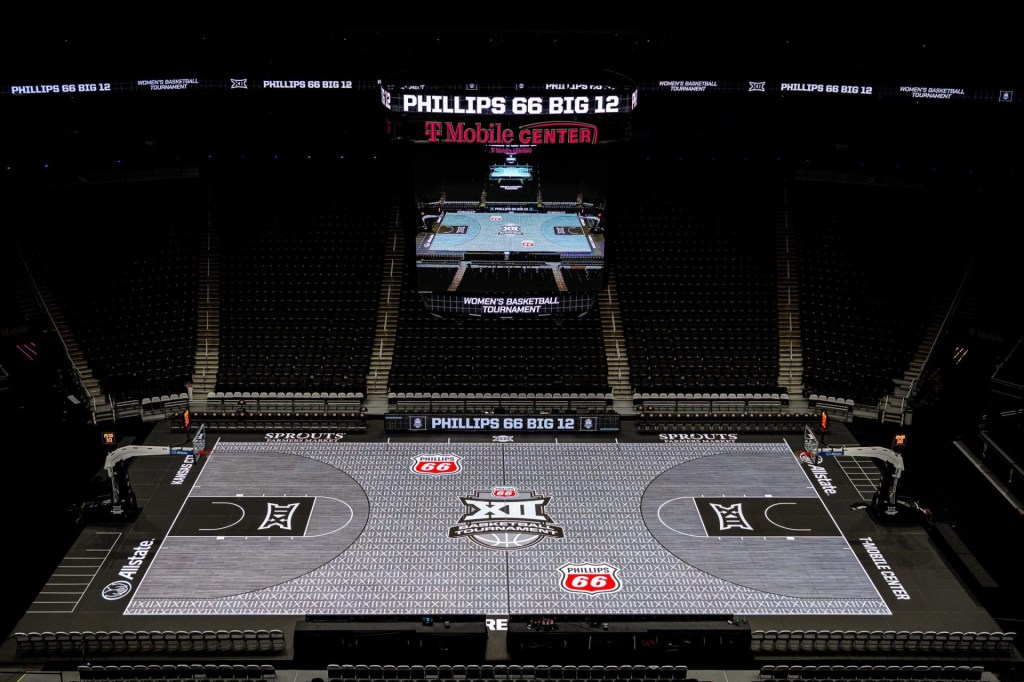Starting August 1, college athletes accused of sexual misconduct cannot be suspended from their team until a school investigation has occurred, according to new regulations from the Department of Education, led by Secretary Miguel Cardona. An official from the Biden administration told ESPN that removing an athlete from their team without due process is an “unfair burden.”
The regulations clarified the no-suspension rule along with other Title IX-related policies for educational institutions, which detail how they should handle reports of sexual misconduct.
The question of whether accused athletes can compete resurfaced this basketball season as Illinois’ leading scorer Terrence Shannon was arrested on rape charges. He was suspended by Illinois for part of the season, but later sued the school, returned and helped his team to an Elite Eight appearance in the NCAA Tournament. The university closed its investigation into Shannon in April citing insufficient evidence, while the criminal case has a preliminary hearing in May. Shannon is projected to be a first round pick in the upcoming NBA draft.
Opposing crowds did not treat Shannon kindly after his return. In his first away game after the suspension, Northwestern students booed and chanted “guilty” and “no means no,” which were clearly audible on the broadcast.
In late 2021 and early 2022, two athletes sued Brown University for near-immediate suspensions following sexual assault allegations filed against them. Federal judges ruled that both students could return to campus and their athletic teams. A woman who accused one of the athletes sued Brown for mishandling her case.
And even in cases where an athlete is found to be guilty, they sometimes keep competing. A 2019 investigation by USA Today found at least 28 athletes in the previous five years who had transferred after their previous school disciplined them for sexual misconduct, and another five who kept playing after a court did so.








![[Subscription Customers Only] Jun 15, 2025; Seattle, Washington, USA; Botafogo owner John Textor inside the stadium before the match during a group stage match of the 2025 FIFA Club World Cup at Lumen Field.](https://frontofficesports.com/wp-content/uploads/2026/02/USATSI_26465842_168416386_lowres-scaled.jpg?quality=100&w=1024)








